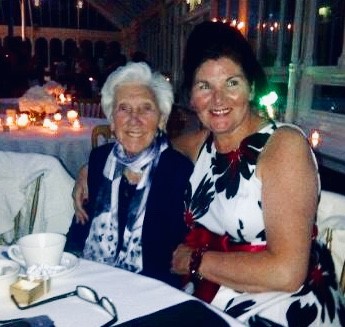
An Alzheimer's Society investigation has revealed a 27% rise in people with dementia being rushed into hospital due to inadequate social care.
The findings, released to mark Dementia Action Week (17-23 May) show that even before the pandemic tens of thousands were admitted because poor care left them unprotected from infections, falls and dehydration.
This news comes just under a week after the Queen’s Speech frustratingly made only a brief mention of the Prime Minister’s promise nearly two years ago to deliver a clear plan for social care reform, a devastating blow for people living with dementia, worst hit by coronavirus.
The investigation, involving Freedom of Information requests to NHS Trusts [2], found a 27% rise between 2015 – 2019 of people with dementia sped to hospitals with avoidable emergencies. And in 2019, nearly two thirds (65%) of all emergency admissions of people with dementia were for avoidable illnesses and injuries caused by failures in care.
During Dementia Action Week, Alzheimer’s Society is releasing a hard-hitting TV ad Cure the Care System - YouTube which is calling on the government to ‘cure the care system’. Supported by billboard advertising, the heart-wrenching advert exposes the stark reality of being a dementia carer without adequate support.
In a supporting survey of unpaid dementia carers [3], almost half (48%) reported that they had performed tasks they felt unqualified to carry out because of a lack of support, and as a result, they reported three-quarters (72%) of people with dementia having medical issues at home.
Amelia Roach is a former College lecturer from Hugh Baird College who gave up her 24-year employment in order to care for her Mum at home, adamant that her Mum was not going to go into any residential home environment. They lived in Blundellsands, Liverpool.
Her mum, who was also called Amelia, was formally diagnosed with dementia in 2014, and passed away on August 19 August, 2020 aged 95. For the last seven years Amelia cared for her mum at home around the clock. After her diagnosis, Amelia and her family were not provided with any kind of support in terms of: Information, guidance or support about the condition.
In March last year Amelia’s mum was admitted to hospital with a severe UTI, when she was there it was discovered she also had developed pneumonia. This coincided with the first outbreak of the coronavirus pandemic. Her family found her time in hospital extremely difficult as each time her daughter or son visited their Mum, they were informed she had been moved, with no given explanation.
A few days before Mother’s Day, Amelia entered the ward bay only to be met by staff (in full PPE) deep cleansing the whole bay and was told again her Mum had been removed to another ward. Amelia found her Mum in distress, very anxious and her personal care has not been attended to, her daughter was told ‘you can only stay for 30 minutes’. However, her daughter (through speaking to the Ward Manager) was eventually let stay for several hours until her brother visited in the evening.
Amelia explains: “The incompetence, miscommunication and misinformation was unbelievable during this time,” said Amelia.
“If she hadn’t had me and my siblings to fight for her care and her needs to be met, she would have just been left there to cope on her own.
Her daughter questioned as to why she could not stay longer,’ the received reply was ‘She’s not on end of life’.
Amelia’s family fought daily to get her home and their Mum returned home one week after she was admitted, sometime in March 2020.
Amelia came home and did very well for a number of months, but in June the severe UTI returned. Her children were terrified to put her back in hospital, due to COVID being still being present in the local hospital, in addition, Amelia would not be allowed to see anyone from her family and her daughter would not be allowed to stay with her. Amelia’s daughter fought to get intravenous treatment at her home (as this would be the only solution to help get her Mum better). She was refused, she was worn down with various conversations with GP’s, Dementia Consultant, who told her family this could not take place at home, as in North Sefton patients with Cellulitis can received this type of treatment at home, even though several conservations with District nurses and her Mum’s carers suggested this was not always the case.
Whilst waiting for further funding for a 7-night respite, her daughter had to call upon the local District nurse service throughout the night (when her daughter had no one to help change her Mum). Her daughter has been left with negative feelings regarding this service. Due the severity of her Mum’s infections she had to be changed up to 8 times day and throughout the night, her daughter experience of this service was dreadful, she experienced an inquisition each time she called for help.
Sadly, on August 19 2020, Amelia passed away, peacefully at home with her children around her. Her daughter continues the fight with the various agencies, she believes let their Mum down in their duty of care, but more importantly their level of quality care. Her daughter has made official complaints to all those involved and is awaiting the final response, whilst her daughter believes this will not bring her Mum back, but would like the current practice in place to be changed.
Amelia continues: “I believe that someone, based their decision on funding and decided not to treat my mum due to this factor’.
“There’s an inequality in the present system and people with dementia are being put at risk, and as a result, my Mum was given a death sentence, due to a post code lottery’.
“I think they look at the age of the person and make their decision based on, their resources are better used elsewhere’.
“They didn’t look at my Mum, as a human being or look at her individual case, or the present climate of COVID, they did not make allowance or changes due to this factor, she was just a statistic.”
There are 850,000 people in the UK living with dementia, including 33,357 in Merseyside, Cheshire and the Isle of Man.
Alzheimer’s Society’s investigation found three in 10 people with dementia had experienced avoidable falls (29%), one in six missed medication (16%), one in five hurt themselves in the house (22%) and one in nine (11%) were rushed to hospital in an avoidable emergency.
And, as recently reported [4], this devastating lack of support means many family carers are at breaking point, with 95% admitting it impacts their physical or mental health, 69% reporting feeling constantly exhausted, 64% feeling anxious and 49% feeling depressed.
While an increase in the number of people with dementia [5] has contributed in part to the rise in avoidable admissions, much of the increase is thought to be due to cuts in spending on adult social care [6] piling pressure on A&E and ambulance services.
With interruptions to routine health and care services, and isolation enforced by lockdown, people with dementia have seen massive health deterioration over the pandemic [7], and with spending cuts biting, the charity warns it expects hospital admissions to increase sharply, costing the NHS millions, unless drastic action is taken to improve dementia care.
In the last month alone, Alzheimer’s Society has heard shocking reports of people with dementia losing the ability to walk, getting pneumonia, and being rushed to hospital with kidney damage from dehydration. All avoidable with quality dementia care.
During Dementia Action Week, 17 – 23 May, Alzheimer’s Society is urging government to rebuild the broken social care system, so that people with dementia get high quality, accessible social care, free at the point of use, like the NHS - because dementia isn’t curable yet, but the care system is: visit alzheimers.org.uk/DAW to join #CureTheCareSystem campaign.
Martin Farran is the Director of Adult Services and Health at Liverpool City Council, has had experience of the social care system from a personal as well as professional perspective.
“The Care System is broken, and we need to see action to fix it immediately’ Martin explained.
“I am bitterly disappointed that social care was barely mentioned in last week’s Queen Speech. Along with my Association of Directors of Adult Social Services (ADASS) colleagues I am calling on the government to put that right and offer real hope of a way forward.
“This government has the chance to end 25 years of indecision over social care and create a historic legacy. We are urging it to seize that chance now.”
“I support Alzheimer’s Society’s Cure the Care System campaign whole heartedly and I urge the government to rebuild the broken social care system, so that people with dementia get high quality, accessible social care, free at the point of use, like the NHS - because dementia isn’t curable yet, but the care system is.”
Steve Green Area Manager for Merseyside, Cheshire and Isle of Man at Alzheimer’s Society, said: “Lockdown has left people with dementia in Merseyside cut off from vital support and care. Interrupted routines, loneliness and isolation have contributed to rapid symptom progression, meaning there’s now more people than ever fighting for scarce dementia care. Without urgent action, avoidable hospital admissions will skyrocket, costing the NHS millions.”
“With no drugs to cure or slow down the condition, it’s social care that people with dementia rely on every day. But lack of time and dementia-specific training among the overworked and underpaid care workforce means people with dementia aren’t getting the support they need, either in their homes or in residential care, leading to emergency admissions and more pressure on the NHS.
Steve Green continued: “Decades of chronic underfunding and neglect have led to a care system that’s inadequate and deeply unfair – the pandemic has exposed these failings like never before. People with dementia have been worst hit, accounting for over a quarter of all deaths and many more rapidly deteriorating from lockdown’s knock-on effects; family carers are exhausted.
“This cannot be the kind of society that we expect today and that we want to grow old in - never again must people affected by dementia face such devastation.
“The legacy of this terrible year must be a reformed social care system, which is free at the point of use and put on an equal footing with the NHS. We need a system that gives every person with dementia the support they deserve and so desperately need.”
To support Dementia Action Week (17-23 May 2021) visit:
http://www.alzheimers.org.uk/DAW
and join #CureTheCareSystem campaign.
And for information, advice and support call Alzheimer’s Society Dementia Connect support line (0333 150 345) or visit our website.
Pictured - Amelia Roach and her Mum.


 People in Chester are invited to join a singing celebration to mark Global Intergenerational Week
People in Chester are invited to join a singing celebration to mark Global Intergenerational Week
 St George returns to Chester on Tuesday 23rd April
St George returns to Chester on Tuesday 23rd April
 Man jailed for stalking Chester MP
Man jailed for stalking Chester MP
 Hundreds of well-dressed ducks gear up for Chester Duck Race
Hundreds of well-dressed ducks gear up for Chester Duck Race
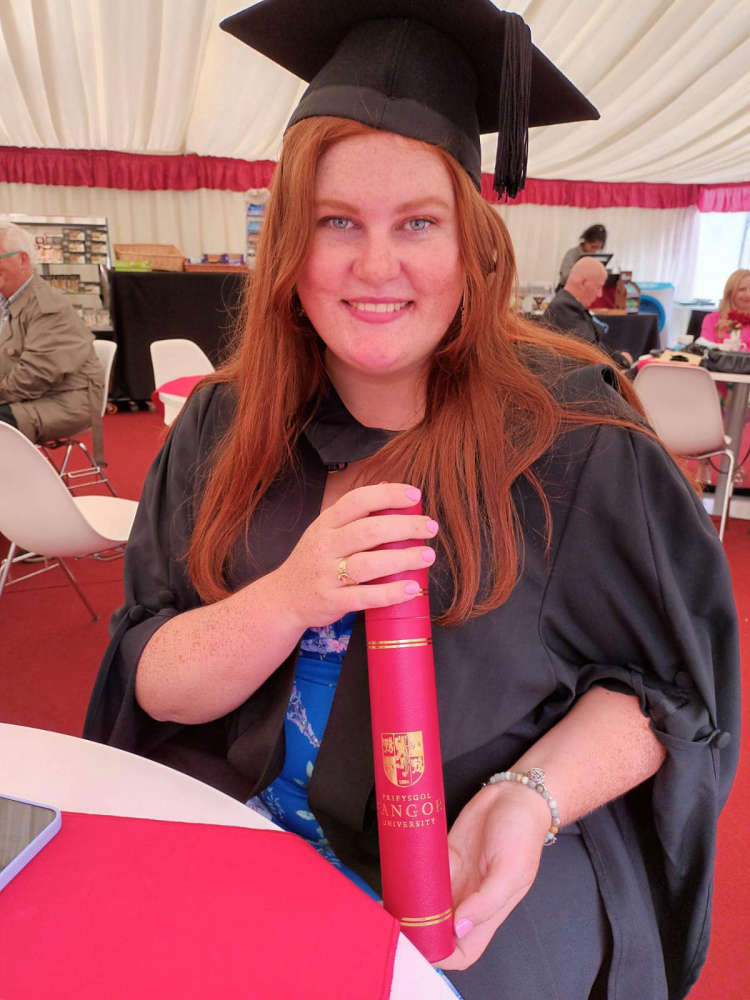 Police appeal for witnesses to fatal collision in Elton as family pay tribute
Police appeal for witnesses to fatal collision in Elton as family pay tribute
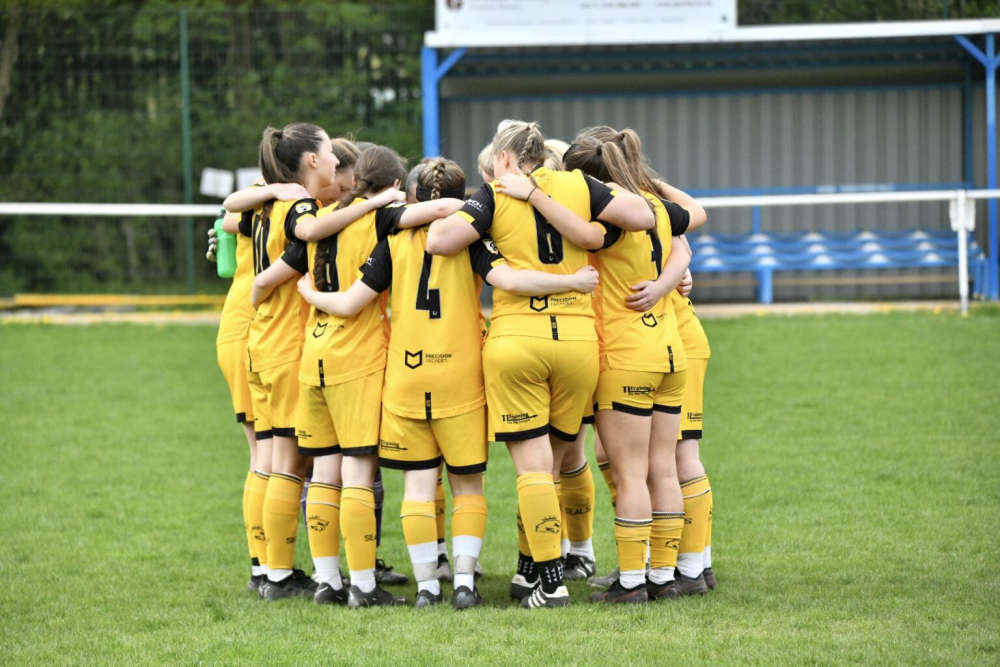 MATCH REPORT: WYTHENSHAWE 4 - 2 CHESTER FC WOMEN
MATCH REPORT: WYTHENSHAWE 4 - 2 CHESTER FC WOMEN
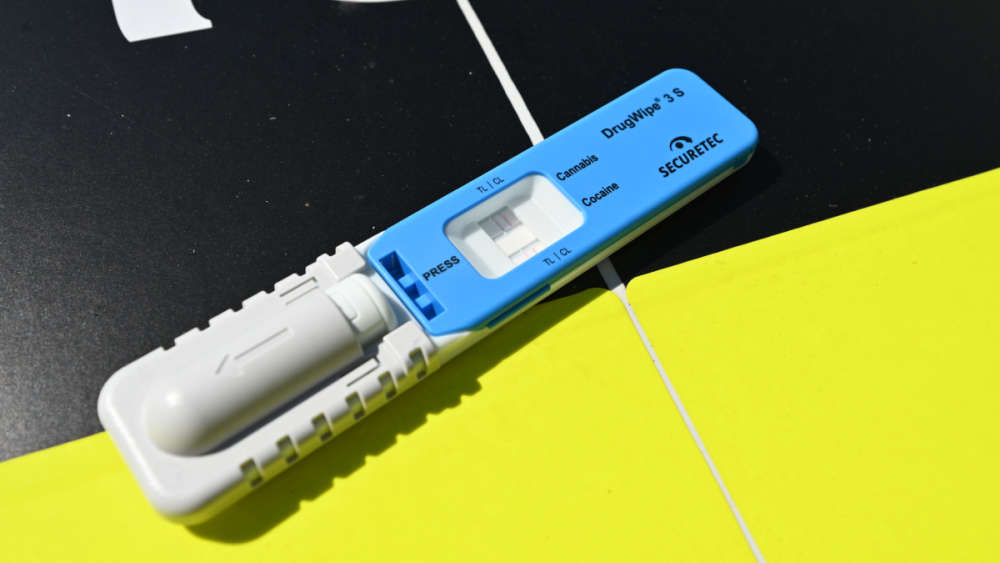 Cheshire Police among top performing forces for tackling drink and drug driving
Cheshire Police among top performing forces for tackling drink and drug driving
 ROLES UP FOR GRABS AS CURTAIN SET TO RISE ON THEATRE COMPANY'S NEW PLAY
ROLES UP FOR GRABS AS CURTAIN SET TO RISE ON THEATRE COMPANY'S NEW PLAY
 Pink Floyd: The Dark Side of the Moon returns to Jodrell Bank
Pink Floyd: The Dark Side of the Moon returns to Jodrell Bank
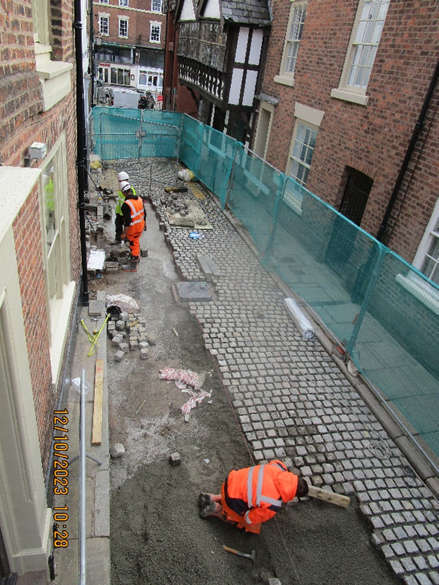 Welsh Water presents to Chester Residents Associations about pollution in the River Dee
Welsh Water presents to Chester Residents Associations about pollution in the River Dee
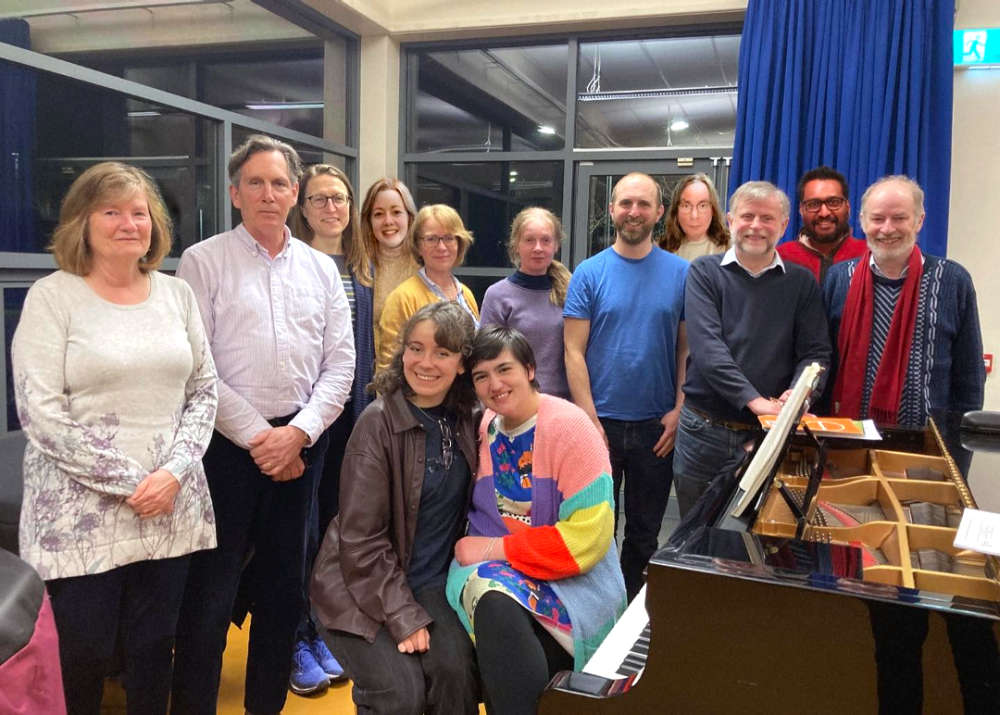 SOLOISTS SET TO SHINE DURING SPECIAL CHESTER PERFORMANCE OF HANDEL'S MESSIAH
SOLOISTS SET TO SHINE DURING SPECIAL CHESTER PERFORMANCE OF HANDEL'S MESSIAH
 Chester and Wirral Football League - Latest Results
Chester and Wirral Football League - Latest Results
 BLUES MATCH REPORT - BRACKLEY TOWN 3 - 1 CHESTER FC
BLUES MATCH REPORT - BRACKLEY TOWN 3 - 1 CHESTER FC
 Inspired Villages complete a 7,500-Mile Charity Cycling Challenge in aid of PROSTaid UK
Inspired Villages complete a 7,500-Mile Charity Cycling Challenge in aid of PROSTaid UK
 Jail term for man who stalked Chester's MP
Jail term for man who stalked Chester's MP
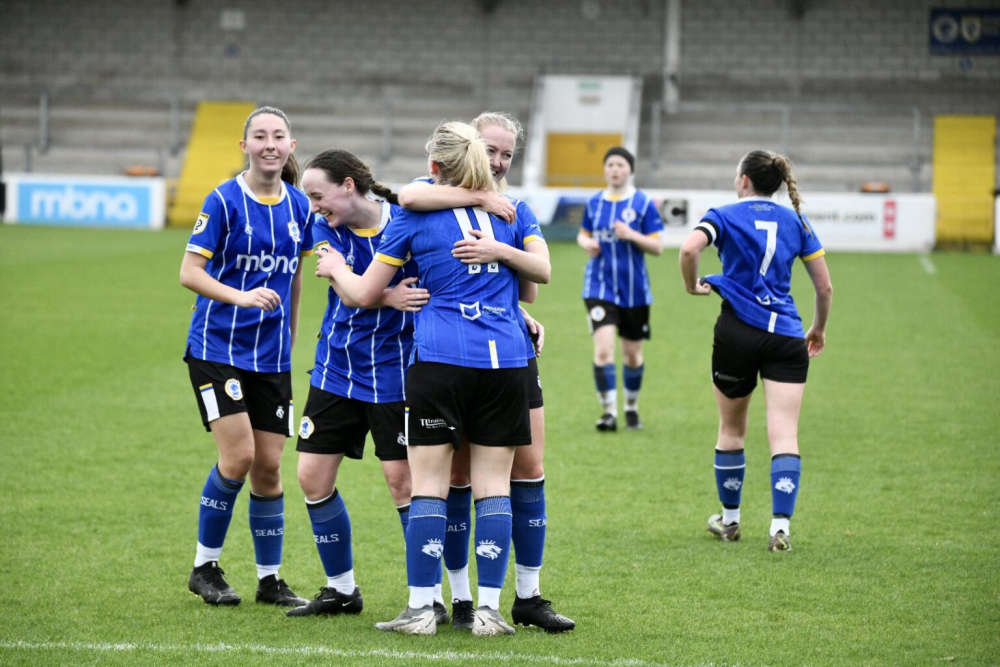 CFCW MATCH PREVIEW: WYTHENSHAWE v CHESTER FC WOMEN
CFCW MATCH PREVIEW: WYTHENSHAWE v CHESTER FC WOMEN
 BLUES MATCH PREVIEW: BRACKLEY TOWN v CHESTER FC
BLUES MATCH PREVIEW: BRACKLEY TOWN v CHESTER FC
 How to keep your garden healthy during hotter summers
How to keep your garden healthy during hotter summers
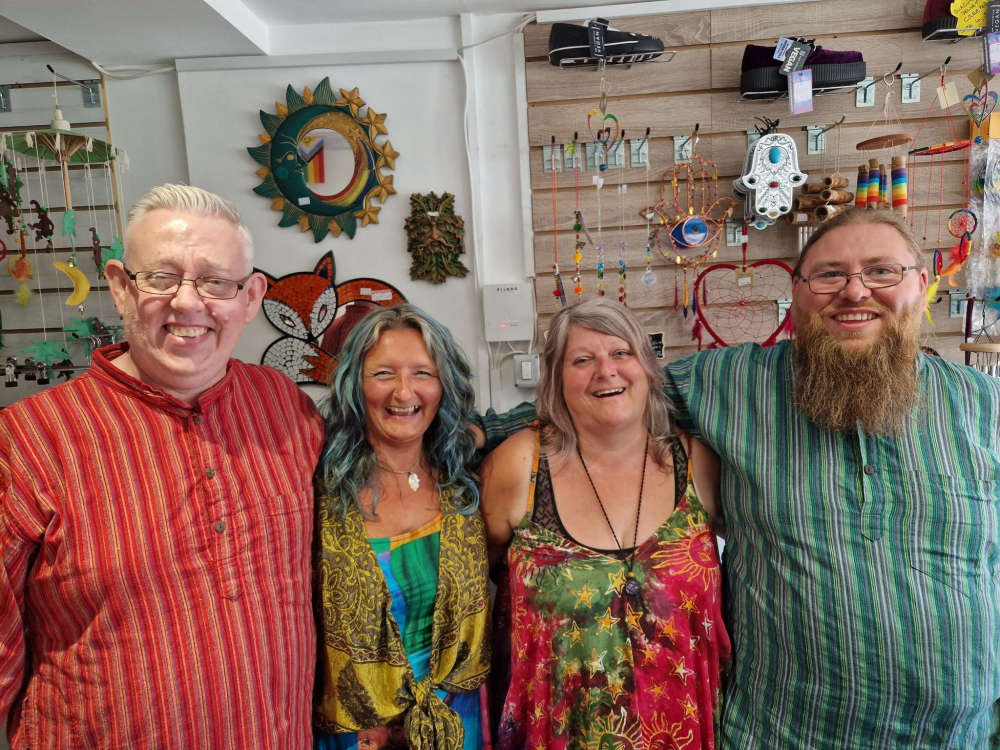 RainbowBiz CIC Announces Leadership Transition
RainbowBiz CIC Announces Leadership Transition
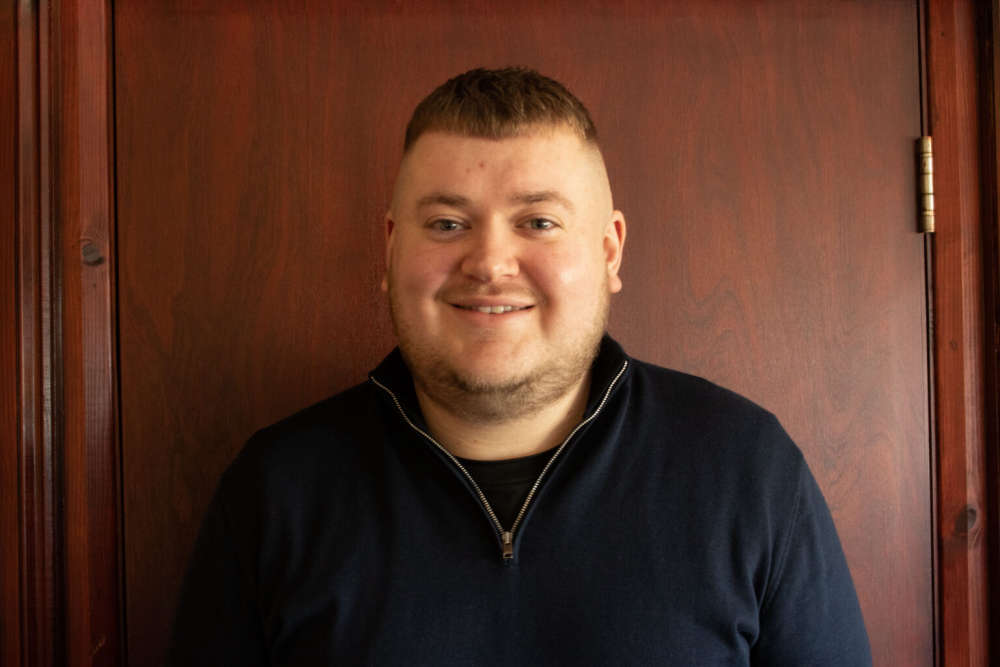 AN UPDATE FROM THE CHESTER FC'S GENERAL MANAGER
AN UPDATE FROM THE CHESTER FC'S GENERAL MANAGER
Comments
Add a comment